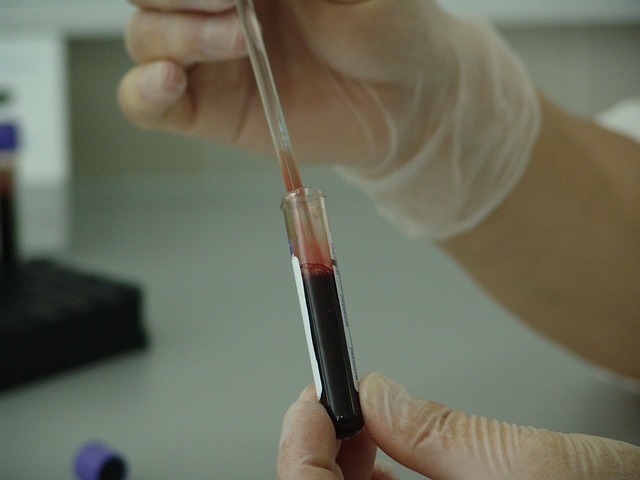
The multi-center, open label, home monitoring, prospective study was designed to determine the performance characteristics of Check-Cap’s capsule-based screening test, the C-Scan system, for detecting pre-cancerous polyps compared with the fecal immunochemical test (FIT), a commonly used non-invasive colorectal cancer screening test; in each case using colonoscopy as the reference method. The study included 90 evaluable patients who either had known polyps or were considered to be of average risk.
Each patient ingested a C-Scan capsule and also underwent a FIT and a comparative colonoscopy performed by independent gastroenterologists, who were blinded to the corresponding test’s results. The C-Scan clinical evaluation was obtained using the evaluable patient population implementing a gender-based motility analysis and the results of both C-Scan and FIT were compared to colonoscopy.
The primary efficacy endpoint of the study was sensitivity (ability to correctly identify patients with polyps) and specificity (ability to correctly identify patients with lack of polyps) of the C-Scan system compared to FIT in detecting subjects with polyps ≥10 mm. The results demonstrate that C-Scan achieved a sensitivity of 76% (p=0.0005) in patients with polyps ≥10 mm, while FIT achieved a sensitivity of 29% (p=0.005) in patients with polyps ≥10 mm. C-Scan achieved a specificity of 82% in all patients, while FIT achieved a specificity of 96% in all patients.
In addition, C-Scan detected all 4 patients (100%) with polyps ≥40 mm, while the FIT detected only 1 of the 4 patients (25%) with polyps ≥40mm. Overall, C-Scan achieved a sensitivity of 66% (p=0.01) in all patients, including patients with polyps <10mm, while FIT achieved a sensitivity of 23% (p<0.0001) in all patients, including patients with polyps <10mm. In total, 142 patients enrolled in the study and after factoring in technical and physiological dropouts and protocol violations, the number of evaluable patients was 90. No serious adverse events were reported, and the adverse events were mild in severity.
Alex Ovadia, chief executive officer of Check-Cap, commented, “We are delighted to share the results from the post-CE approval study which continue to validate the importance and potential of the C-Scan system. Completing this study on a larger sample is an essential milestone in the development and commercialization process of the C-Scan system in the U.S. and worldwide, as it provides us with additional insight for a U.S. pivotal study, which we plan to be initiate during 2020.”
Nadir Arber, M.D., MSc, MHA, Professor of Internal Medicine and Gastroenterology, and Head of the Health Promotion Center and Integrated Cancer Prevention Center at the Tel-Aviv Sourasky Medical Center, and principal investigator of the study, stated, “The final results from the post-CE approval study confirm the potential clinical value of the C-Scan system. The results also demonstrate an advancement in the detection of larger polyps, generally considered to have higher potential for malignant transformation.
There is a great unmet need for a patient-friendly and preparation-free screening option that can detect polyps in the colon before they become cancerous. Although colorectal cancer can be prevented through the detection of precancerous polyps, screening adherence remains low due to the bowel preparation, sedation and invasiveness associated with current screening methods. I am encouraged by C-Scan’s potential to reduce global incidence of colorectal cancer and I look forward to seeing this ‘swallow and forget’ product available in clinics worldwide.”
Check-Cap is currently conducting a pilot study in the U.S. (NCT03735407) to evaluate the safety, usability and subject compliance of the C-Scan system at the New York University School of Medicine and Mayo Clinic. In addition, Check-Cap intends to continue collecting clinical data in additional studies in preparation for its planned pivotal study. Assuming positive pilot study results, the Company plans to initiate a pivotal study in people of average risk for polyps and colorectal cancer in mid-2020. The C-Scan system has received CE marking and approval from the Israeli Ministry of Health, the Medical Device Division (AMAR) for marketing in Israel.
Source: Company Press Release.






